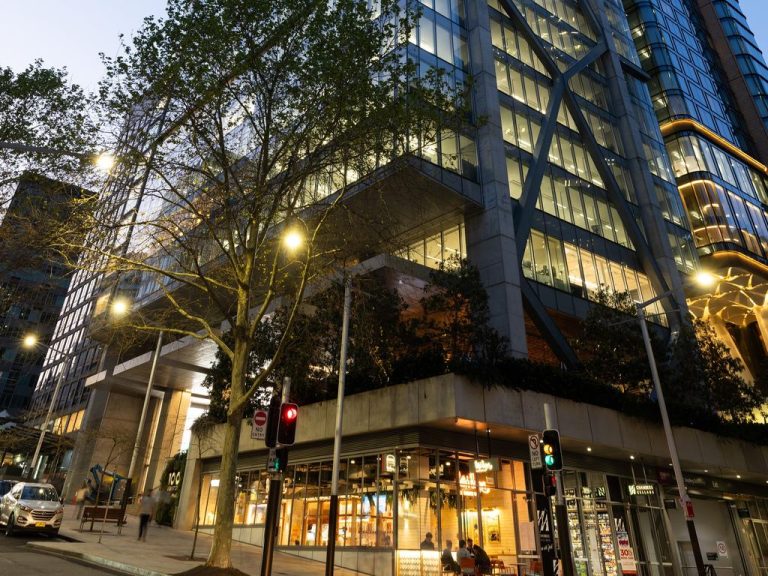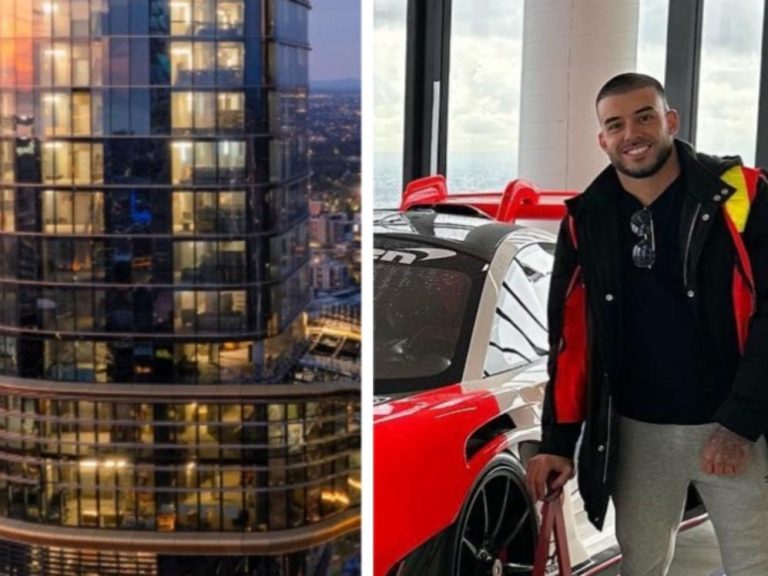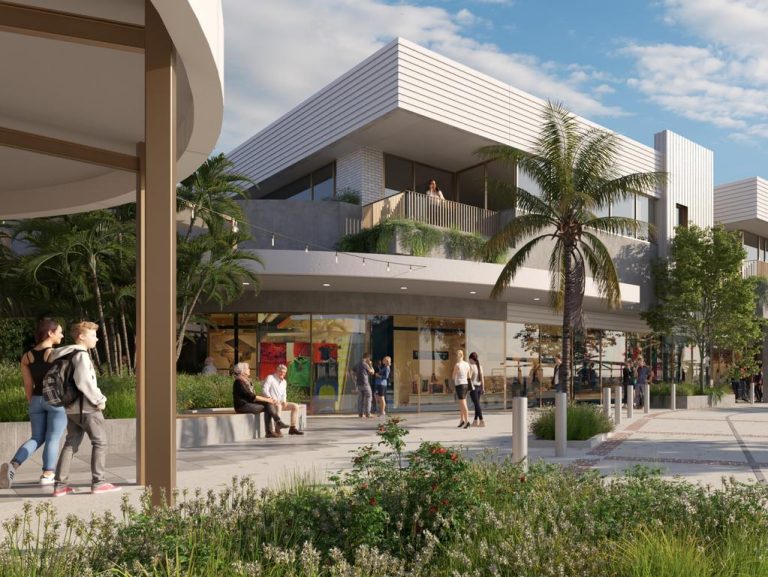$3bn development for Marvel Stadium precinct upgrade
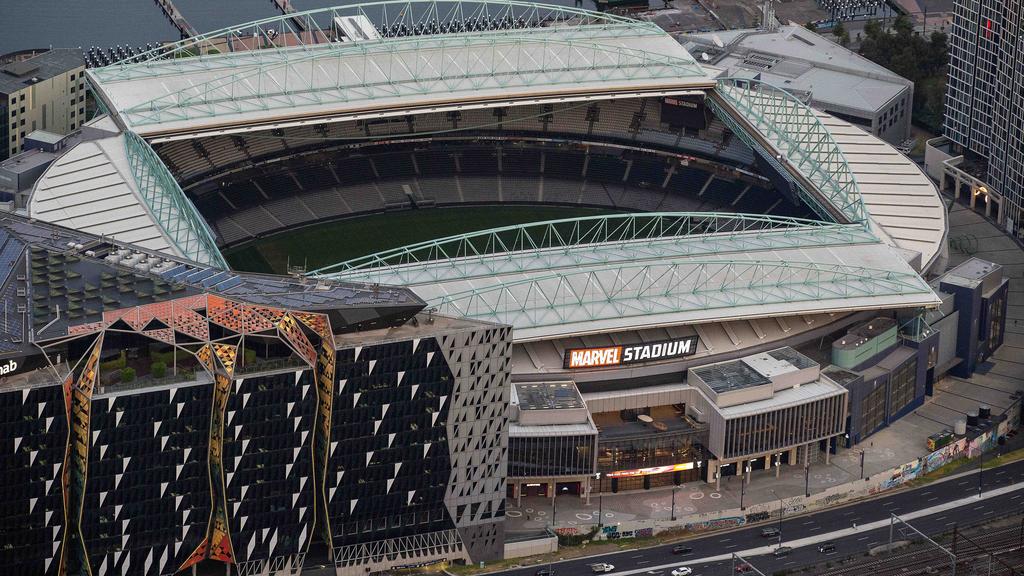
Marvel Stadium in Docklands is one of the biggest sites in the suburb — and is headed towards a major overhaul. Picture: Sarah Matray.
The AFL and Victorian government are seeking submissions from developers to underpin an as much as $3bn redevelopment of the Docklands waterfront around Marvel Stadium.
In January this year, the pair announced they would seek a joint venture partner for the project — which will target the precinct’s waterfront at AFL House and the western end of the stadium.
This week the state government announced they would seek to lock in that development partner for the 140 and 160 Harbour Esplanade site with an expressions of interest campaign that will end on December 5.
RELATED: Revs for sale: Entertainment expansion as Revolver nightclub listed for $15m+
Hidden mortgage mistake draining Aussie savings revealed
Who owns Melbourne: Celebrities, foreign nations among surprise owners of city’s icons
It is intended it will add more housing, commercial spaces and entertainment areas to the Docklands waterfront.
While the AFL and government have yet to suggest a figure, industry sources have tipped it could have an end value of $2.5bn-$3bn — more than 10 times the $225m redevelopment of Marvel Stadium that concluded last year.
They have also noted that by seeking a joint venture partner the government was effectively sidelined the issue of holding costs for a developer — which has proven a significant impediment to construction on a range of CBD developments over the past few years.
Development Victoria and Precincts minister Harriet Shing said it was an “exciting” step forward for the Docklands waterfront.
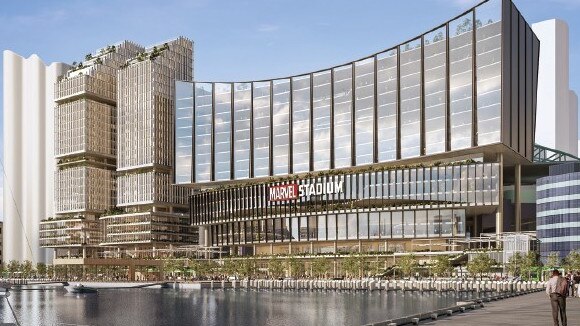
Renders showing a planned Docklands Harbour Esplanade redevelopment.
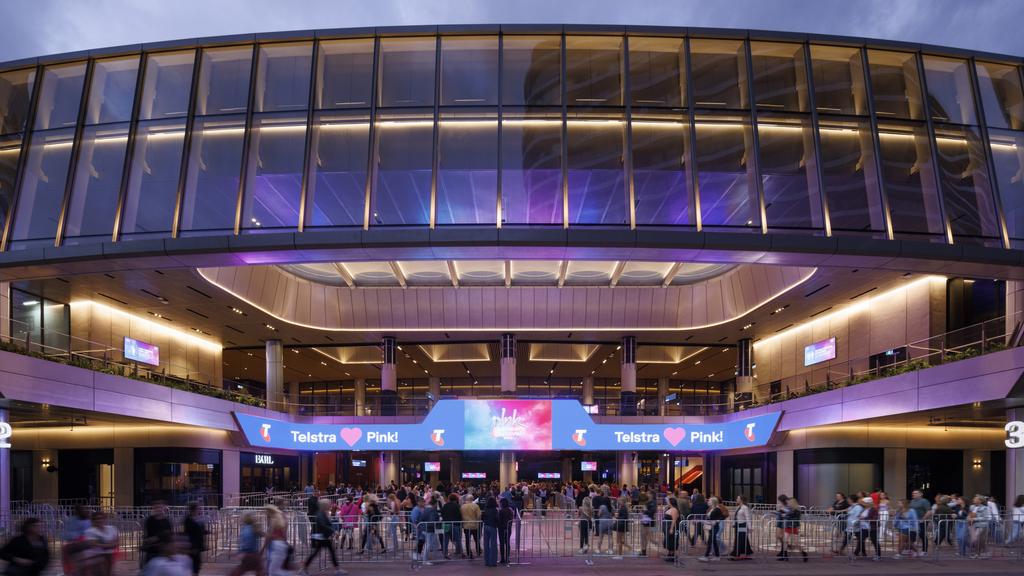
Marvel Stadium upgrades by Grimshaw with Smartform & Greenaway Architects. Picture: Dianna Snape/Vic Chapter of the Australian Institute of Architects.
“This is about delivering quality development that supports Melbourne’s growth, including thousands of new homes in Docklands,” Ms Shing said.
AFL Executive General Manager of Finance, Clubs and Infrastructure Matthew Chun said they were looking forward to getting work underway around the league-owned Marvel Stadium.
“The opportunity to redevelop 160 Harbour Esplanade and the western side of the stadium will continue to amplify Marvel Stadium and surrounding areas as the destination sports and entertainment complex in Melbourne,” Mr Chun said.
Wizel Property Group managing director Mark Wizel said the decision to pursue a joint venture, rather than sell the site to a developer, was the difference between it actually commencing within the next year or so rather than facing a delay of up to five years.
“It’s great to see the AFL taking an entrepreneurial approach to maximising the value of its real estate assets — something we don’t often see at this scale in Australian sport,” Mr Wizel said.
“While Docklands has faced its fair share of critics, this initiative is an important step in reigniting development momentum in the area. If executed well, it will help overcome some of the structural blockages that have slowed urban progress in Melbourne’s western CBD precinct.
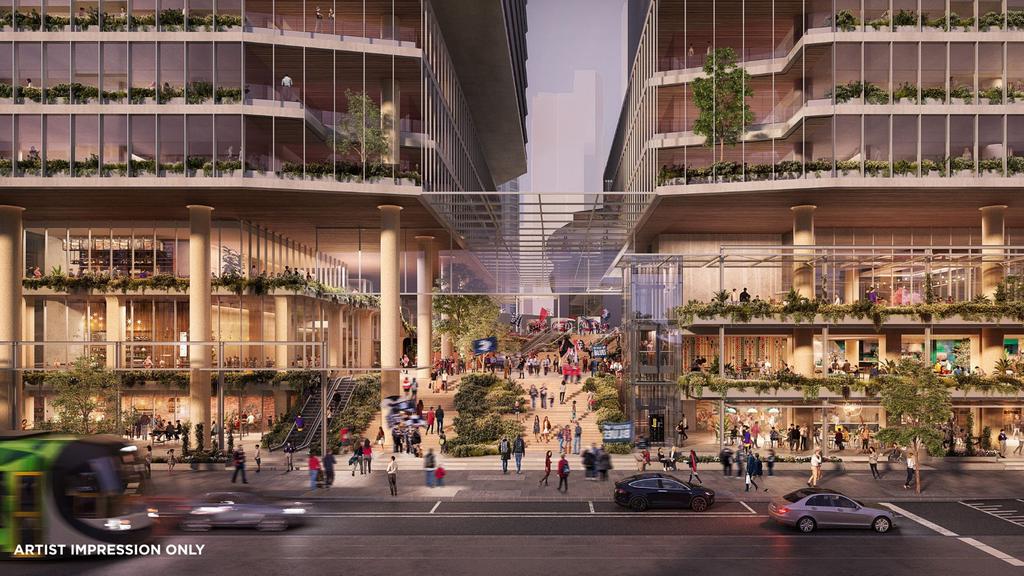
Part of the redevelopment’s goal would be to establish more entertainment and dining options for the Docklands waterfront.
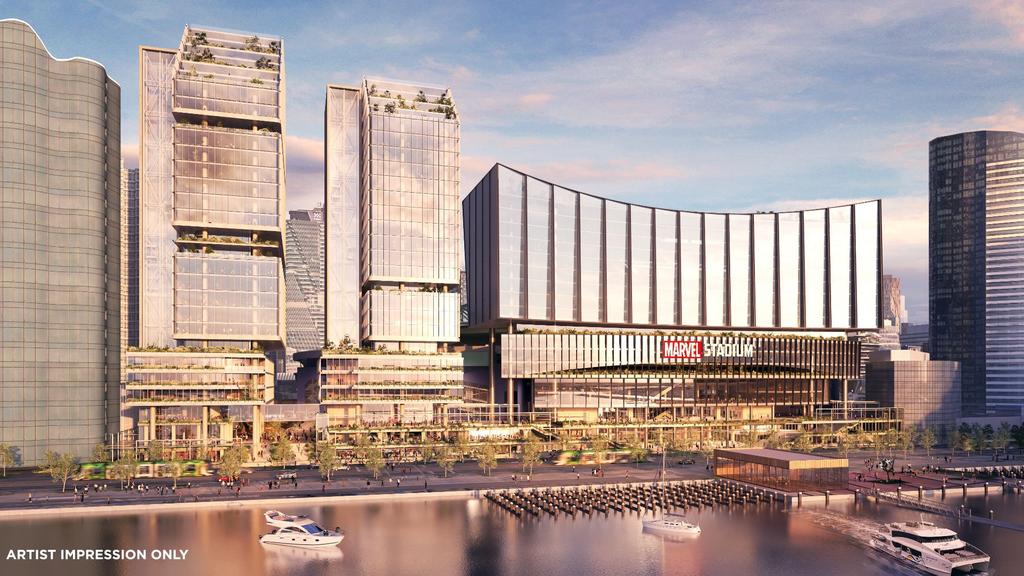
Housing and commercial office space are also expected to be added as part of the project.
“The decision to partner with the development sector to unlock the potential of the Harbour Esplanade precinct demonstrates genuine strategic vision.”
His estimates of the project’s up to $3bn end value suggest the stretch of property to be worked on along the Docklands waterfront is effectively worth $350m-$500m in land value.
“I expect to see strong interest from both domestic and international developers, particularly those who recognise the long-term value in Melbourne’s waterfront assets,” he said.
“We’re likely to see a mix of local and offshore capital pursuing this opportunity.
“This collaboration not only reflects confidence in the city’s growth trajectory but also sends a clear signal that sport, culture, and property can work together to shape Melbourne’s next great urban chapter.”
Cushman & Wakefield are handling the expressions of interest campaign, with the firm’s Ross Hamilton noting the Docklands precinct had already attracted $15bn in private investment and currently supported close to 75,000 jobs.
His colleague Daniel Wolman said it was expected “tier-one developers” would pursue the site, given its high profile location.
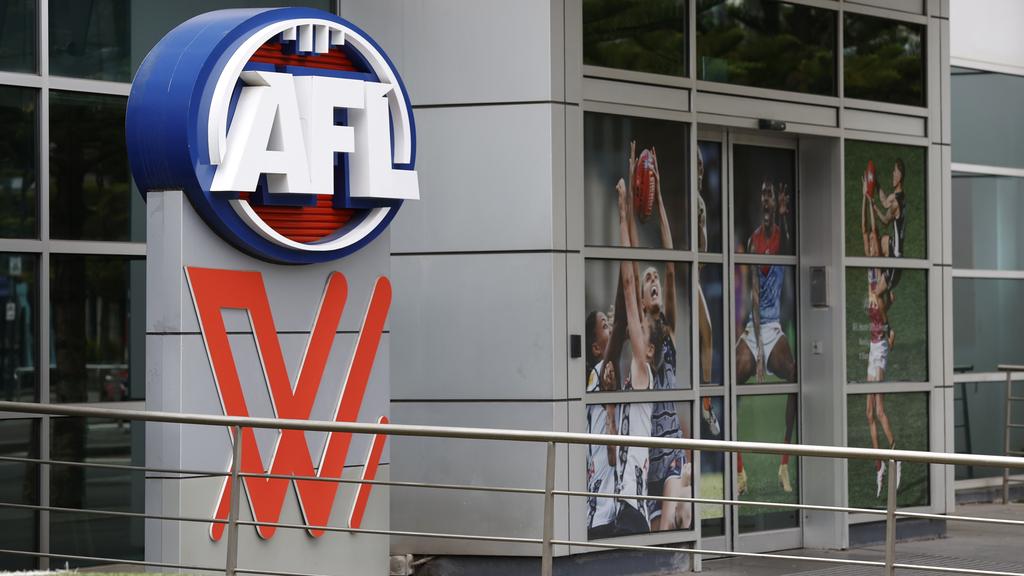
AFL House is one of the sites set for a major overhaul once a development partner is found. Picture: Darrian Traynor/Getty Images.
Development Victoria’s chief executive officer Anne Jolic said key goals included revitalising the waterfront, creating public spaces and strengthening Docklands.
“The EOI process is the first step in unlocking the potential of these sites, and we’re excited to see proposals that balance commercial outcomes with benefits for the community,” Ms Jolic said.
While the AFL and state government’s January announcement came with architectural renders of what the project might look like, the campaign to find a joint venture partner notes that short-listed developers will be asked to submit proposals for their vision — suggesting it is likely to change.
Shortlisted developers are likely to be approached after the December 5 deadline, hinting that the AFL and government will be whitling down the list as soon as Christmas.
One developer spoken to by the Herald Sun who declined to comment on the record as they intended to make a play for the project, said it would be regarded as an “exciting opportunity” by developers locally.
Sign up to the Herald Sun Weekly Real Estate Update. Click here to get the latest Victorian property market news delivered direct to your inbox.
MORE: Supermarkets eye new town centre site near train station
Serial Block buyer lands $3.9m payout
The Block 2025 Episode 45 recap: Han and Can’s rock-filled backyard gets big thumbs down

